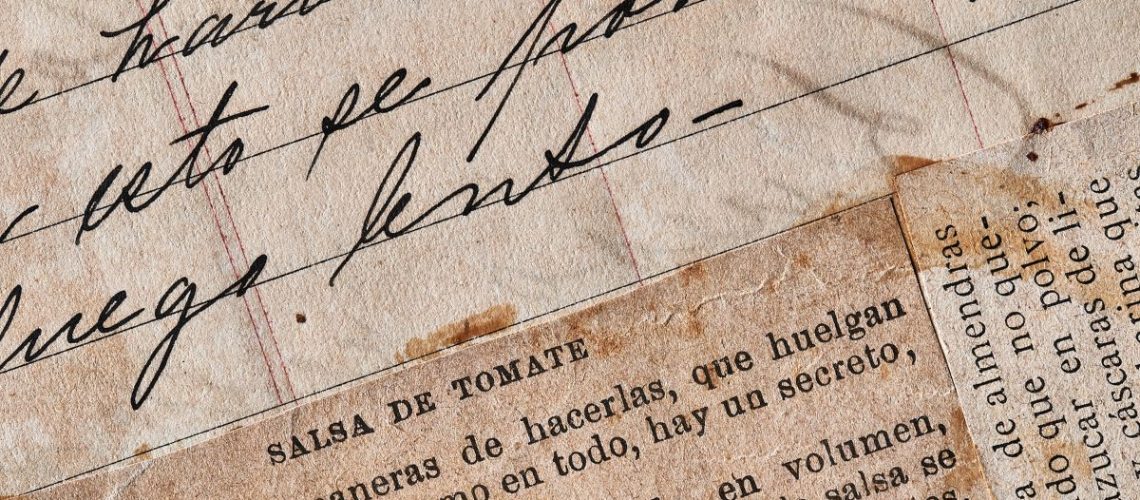Spanish words, a vibrant mosaic reflecting the diverse influences on the Spanish language. Across continents, Spanish carries a rich linguistic heritage shaped by various origins.
In this exploration, we delve into the fascinating interplay between Spanish and the enigmatic Euskera language. From the mysterious Basque Country, where Euskera finds its home, to the vibrant expressions in Spanish, let’s unravel the linguistic connections that bind these two captivating worlds.
Also For You: Spanish Words That Came From Arabic
Short History of Euskera Language
To understand the intricate dance between Euskera and Spanish, we must first journey into the roots of the Euskera language. Euskera, also known as Basque, is one of the oldest languages in Europe, with a history that predates the arrival of Indo-European languages to the continent.
Nestled in the Basque Country, a region straddling the border between Spain and France, Euskera remains a linguistic enigma. Unlike its neighboring languages, Euskera is what linguists classify as a language isolate, meaning it has no known linguistic relatives. This uniqueness has contributed to the preservation of Euskera, and its resilience echoes through the centuries.
As we explore the impact of Euskera on Spanish, it’s essential to appreciate the linguistic heritage of a language that has withstood the test of time. The Basque Country becomes not just a geographical location but a living testament to the endurance and vitality of Euskera.
How Euskera Language Influences Spanish
The influence of Euskera on Spanish is like a subtle undercurrent shaping the evolution of the language. Although Spanish primarily belongs to the Romance language family, the proximity of the Basque Country and the historical interactions between the Basque people and neighboring regions have left an indelible mark on the Spanish lexicon.
One noticeable aspect of this influence is the adoption of loanwords from Euskera into Spanish. These borrowed words serve as linguistic bridges, connecting the cultural nuances and unique expressions of both languages. While Spanish has absorbed a multitude of loanwords from various languages throughout its history, Euskera contributes a distinctive flavor that sets it apart.
Moreover, the syntax and phonetics of Euskera have subtly influenced the regional variations of Spanish spoken in areas with historical ties to the Basque Country. The rhythm and cadence of speech, the pronunciation of certain sounds, and even grammatical structures may bear traces of Euskera’s influence, creating a linguistic mosaic that reflects the interwoven histories of these languages.
Words in Spanish That Came From Euskera
Now, let’s embark on a captivating journey through the lexicon, discovering Spanish words that have gracefully woven themselves into the language from Euskera origins. These linguistic transplants offer a unique glimpse into the historical connections and cultural exchanges that have taken place between the Spanish-speaking world and the Basque Country.
- Chaparro: This term, meaning a short and stocky person, finds its roots in Euskera. In Basque, “txapar” refers to something low or squat, perfectly encapsulating the essence of this descriptive Spanish word.
- Guiri: Used colloquially to refer to a foreigner, especially a tourist, “guiri” has its roots in the Basque word “giri-giri,” which means hasty or quick. The term humorously captures the idea of tourists moving quickly from one attraction to another.
- Zulo: In Spanish, “zulo” refers to a hiding place or a hideout, often associated with criminal activities. This word has Euskera origins, where “zuloa” also denotes a hiding place or a shelter.
- Chabola: Used to describe a makeshift or humble dwelling, “chabola” traces its roots to Euskera’s “txabola,” referring to a small cabin or hut.
- Arroba: While commonly associated with email addresses, the Spanish unit of weight, and the symbol “@,” “arroba” has its roots in Euskera, where “arroba” originally referred to a unit of weight.
- Izquierda: In Spanish, “izquierda” means left, as in the direction. This term comes from the Basque word “ezkerra,” which also means left.
These words offer glimpses into the cross-cultural pollination that has enriched the Spanish language, demonstrating how Euskera has contributed to the linguistic diversity that defines Spanish expressions. As we revel in these linguistic connections, we witness the intricate dance between languages that transcends borders and time.
Start Learning More Spanish Words!
In this exploration of Spanish words with Euskera roots, we’ve uncovered the hidden connections that link these two distinct linguistic worlds. From the ancient and mysterious Basque Country to the vibrant tapestry of the Spanish language, the journey has been one of linguistic evolution and cultural intermingling.
So, the next time you use a Spanish word with Euskera roots, take a moment to appreciate the hidden stories it carries. These words are more than mere linguistic artifacts; they are living reminders of the intricate web of human connection that transcends borders and enriches our understanding of language and culture.
Want to learn more Spanish? Our expert staff will get in touch within 24 hours, and you can start practicing your Spanish right away. Sign up for a group class (online or in person) or test your level for free with our free quizzes.




